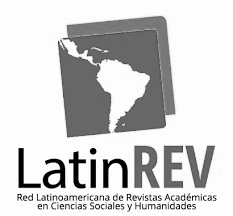Se trata de ver cómo las pandemias abren la posibilidad de que aparezcan nuevos modelos de control que suscitan modos de resistencia o adaptaciones a situaciones de crisis sanitarias. Para ello, se toma en cuenta una trayectoria histórica a partir del análisis de médicos mexicanos del siglo XIX mostrando los puntos importantes de una serie de soluciones emprendidas por el Estado. La experiencia vivida por los pobladores de la comunidad Ngigua de San Marcos Tlacoyalco (Puebla, México), para protegerse del COVID-19, nos revela la capacidad de generar sus propias soluciones a partir de saberes tradicionales. Esta investigación toma instrumentos y herramientas de Michel Foucault para apuntalar la metodología del trabajo.
Palabras clave: Saberes médicos - subjetividad - COVID-19 - modos de resistencia
Models of social control and resistance in times of COVID-19. The case of Ngigua community in San Marcos Tlacoyalco
We want to analyze how pandemics open the possibility of the emergence of new control models that give rise to modes of resistance or adaptations to health crisis situations. For this, a historical trajectory is taken into account from the analysis of Mexican doctors of the nineteenth century showing the important points of a series of solutions undertaken by the state. The lived experience by the inhabitants of the Ngigua community of San Marcos Tlacoyalco (Puebla, Mexico), to protect themselves from COVID-19, reveals the ability to generate their own solutions based on traditional knowledge. This research takes instruments and tools from Michel Foucault to underpin the methodology of the work.
Keywords: Medical knowledge - subjectivity - COVID-19 - modes of resistance


